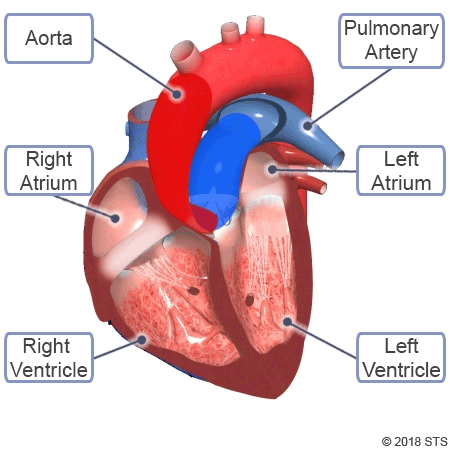Adult Heart Disease
Adult heart disease refers to the various conditions or diseases that develop over time and present in early, mid, or late adulthood. This is different from heart conditions that you are born with (congenital heart defects).


